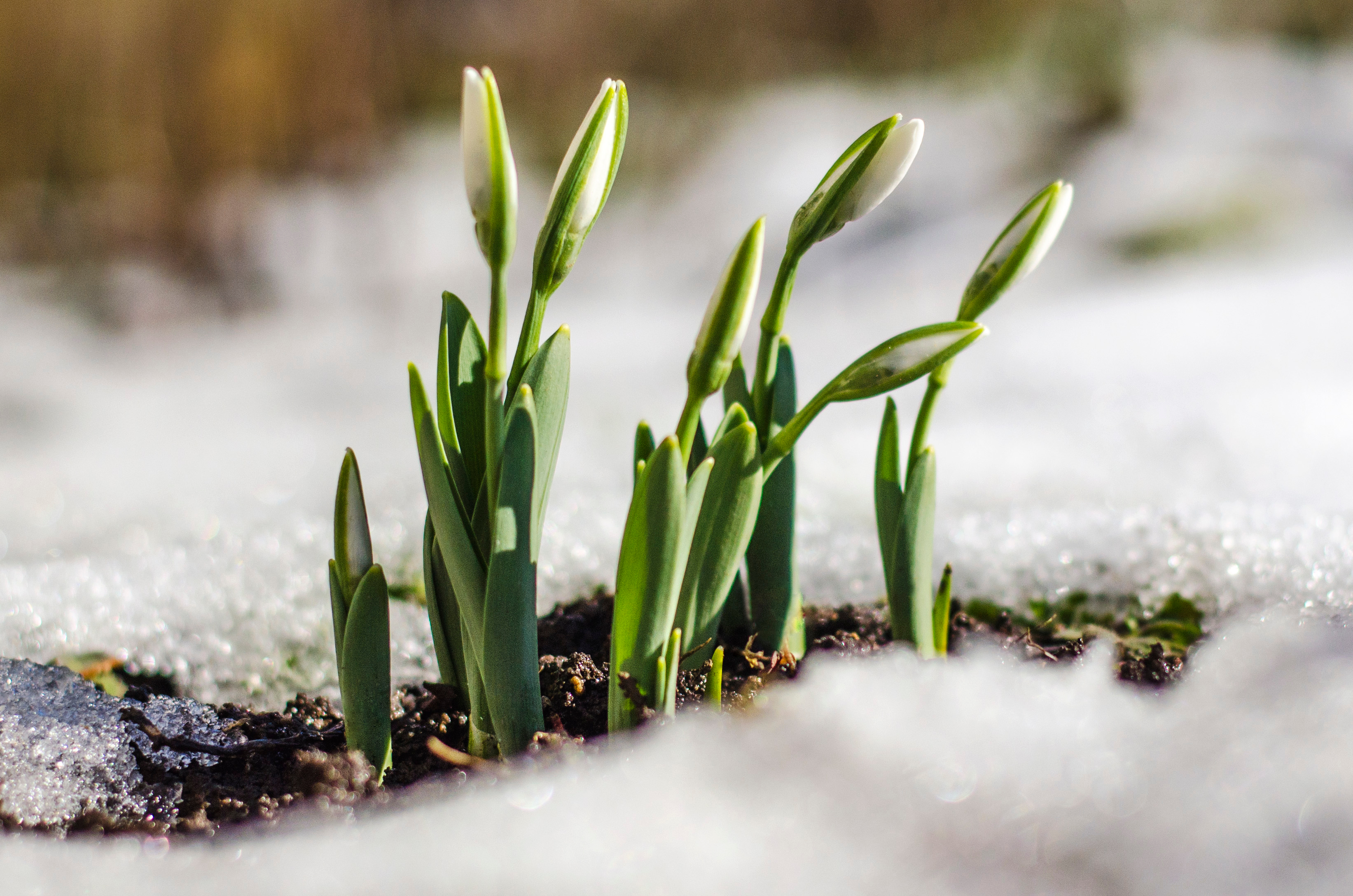
plant
Definition
Plants are multicellular, eukaryotic organisms that produce their own food using photosynthesis. They are characterised by having roots, stems, and leaves. Plants are found on all continents and in all climates.
Plants are classified into two main groups: vascular plants and non-vascular plants. Vascular plants have a system of tubes that transport water and nutrients throughout the plant. Non-vascular plants do not have this system.
There are many different types of plants, each with its own unique features. Some common types of plants include trees, flowers, grasses, and shrubs.
Plants play an important role in the environment. They help to regulate the climate, provide food and shelter for animals, and clean the air and water. Plants are also a source of medicine and materials for building things.
How can the word be used?
The gardener planted flowers in the garden.

Different forms of the word
Noun:
- plant (a living organism that typically has leaves, stems, and roots and reproduces by seeds).
- flora (the plant life of a particular region or period).
- plantation (a large area of land where crops are grown).
- sapling (a young tree).
- seedling (a young plant that has just germinated).
Verb:
- plant (to put or set something in the ground so that it will grow).
- replant (to plant something again).
- uproot (to remove a plant from the ground).
- transplant (to move a plant from one place to another).
- graft (to join two plants so that they grow together).
Etymology
The word "plant" comes from the Old English word "plantian", which means "to put in the ground".
The word "plant" was first used in English in the 10th century. It was used to refer to the act of putting a plant in the ground.
The root of the word "plant" is the Proto-Germanic word *plantan, which also means "to put in the ground".
So, the word "plant" literally means "to put in the ground". This is a reference to the fact that plants are living organisms that grow in the ground.
Question
Why are plants important to humans?
AQA Science Exam Question and Answer
Question:
Explain the importance of plants in ecosystems and their role in sustaining life on Earth. Provide examples of the ecological roles of plants and how they contribute to the balance of carbon dioxide and oxygen in the atmosphere.
Answer:
Plants hold immense significance in ecosystems and life on Earth. They are primary producers that harness sunlight through photosynthesis, converting carbon dioxide and water into energy-rich sugars and oxygen. This process forms the foundation of food chains, supporting various organisms and maintaining the balance of Earth's ecosystems.
Plants serve various ecological roles. They provide habitats and food for animals, stabilise soil to prevent erosion and contribute to nutrient cycling by absorbing and releasing essential elements. Forests, grasslands, and aquatic vegetation all play distinct roles in their respective habitats.
Crucially, plants are vital contributors to the balance of carbon dioxide and oxygen in the atmosphere. Through photosynthesis, they absorb carbon dioxide, a greenhouse gas, mitigating its levels and helping regulate the Earth's climate. Simultaneously, they release oxygen, essential for the respiration of both plants and animals.
Furthermore, plants are essential for human survival, providing food, medicine, and materials for shelter and clothing. They also contribute to aesthetic and recreational values, enhancing the quality of human life.